Aachen-based FibreCoat, a German company that makes high-performance materials affordable, has secured nearly $20M (approximately €18.98M) in a Series B round of funding.
FibreCoat aims to make advanced materials more accessible by producing high-performance composite fibers at low costs. Its aluminium-coated basalt and glass filaments offer the properties of full metal fibers at a fraction of the price, enabling affordable applications in mass markets.
These fibers provide a cost-effective solution for electromagnetic shielding, essential for technologies like 5G and Wi-Fi, as connectivity grows.
FibreCoat is committed to innovation in material science, striving to create sustainable, affordable solutions for global industries.
Investors supporting FiberCoat
NewSpace Capital and GOOSE Capital led the investment. The round also saw participation from NOVA by Saint-Gobain, 212 NexT, Otto Krahn New Business, Convergent Ventures, and TiE Angels.
The funding will support the company’s expansion efforts to meet the growing demand for its affordable, high-performance materials used in defence, space, automotive, and other sectors.
FibreCoat aims to enhance production and innovation, leveraging investor support to scale its operations and deliver its products globally.
Brief about FibreCoat
Funded in 2020 by Robert Brüll, Richard Haas and Alexander Lüking, FibreCoat emerged from research at the Institute for Textile Technology at RWTH University (ITA) in Aachen.
Initially focused on polymer coatings, the company pivoted to aluminium-coated fibers during the COVID-19 crisis, leading to the development of its flagship product, Alucoat. FibreCoat has begun production and deliveries, with an ongoing exploration of new coating and fiber combinations to expand its applications.
FibreCoat’s patented flexible coating module enables the company to utilise existing fiber production facilities through partnerships, allowing for low capital expenditure and scalable, on-demand global production.
The system supports continuous fiber spinning and coating with outputs of 30 to 100 kg/day per spinning position. It also accommodates a wide range of metals, polymers, and application-specific sizings, offering versatility across various industrial needs.




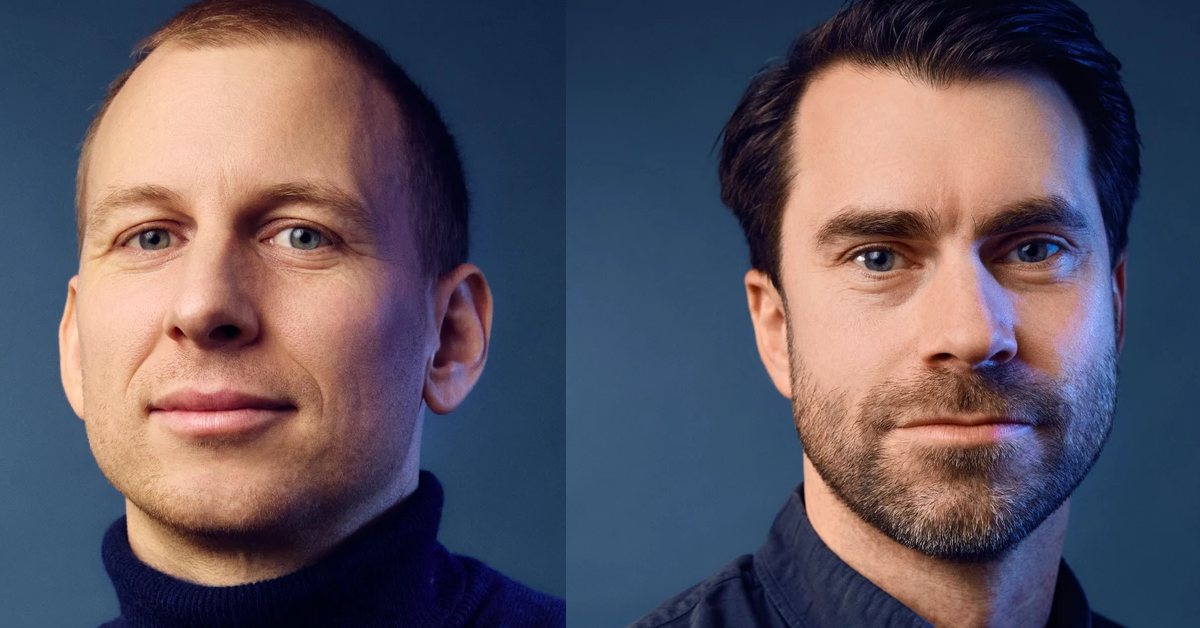
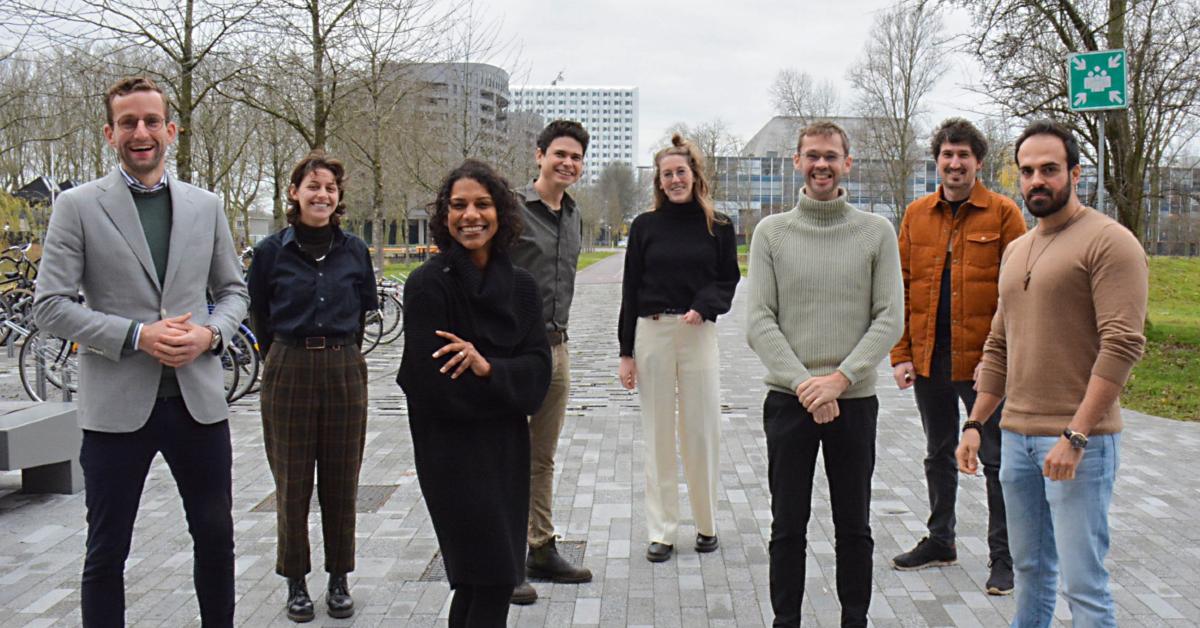
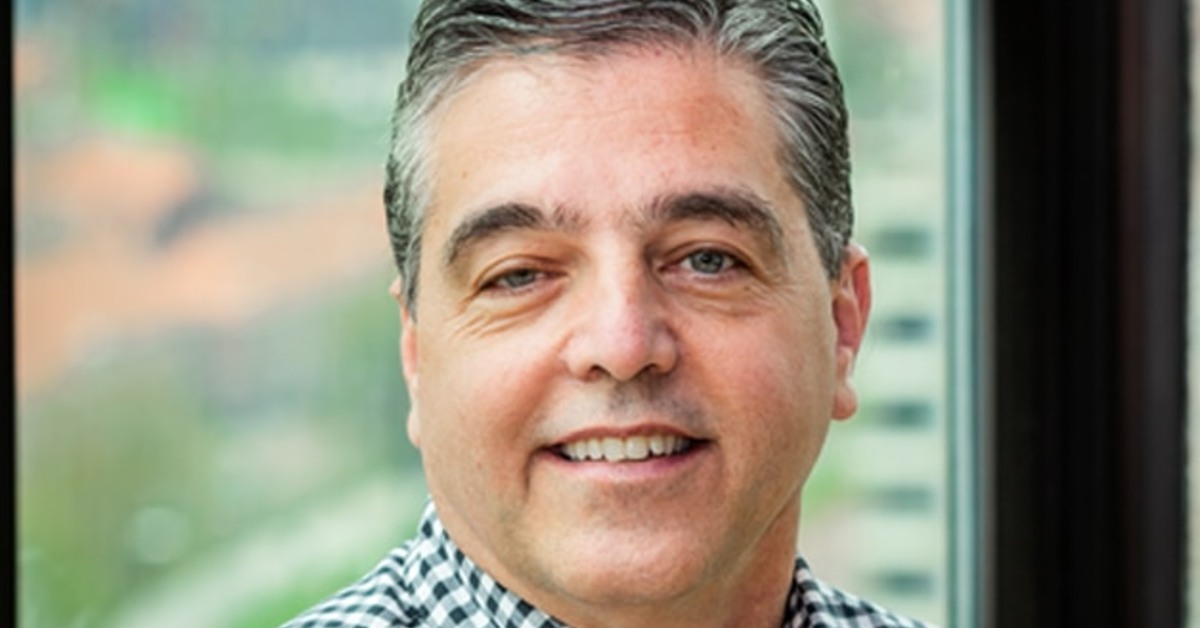
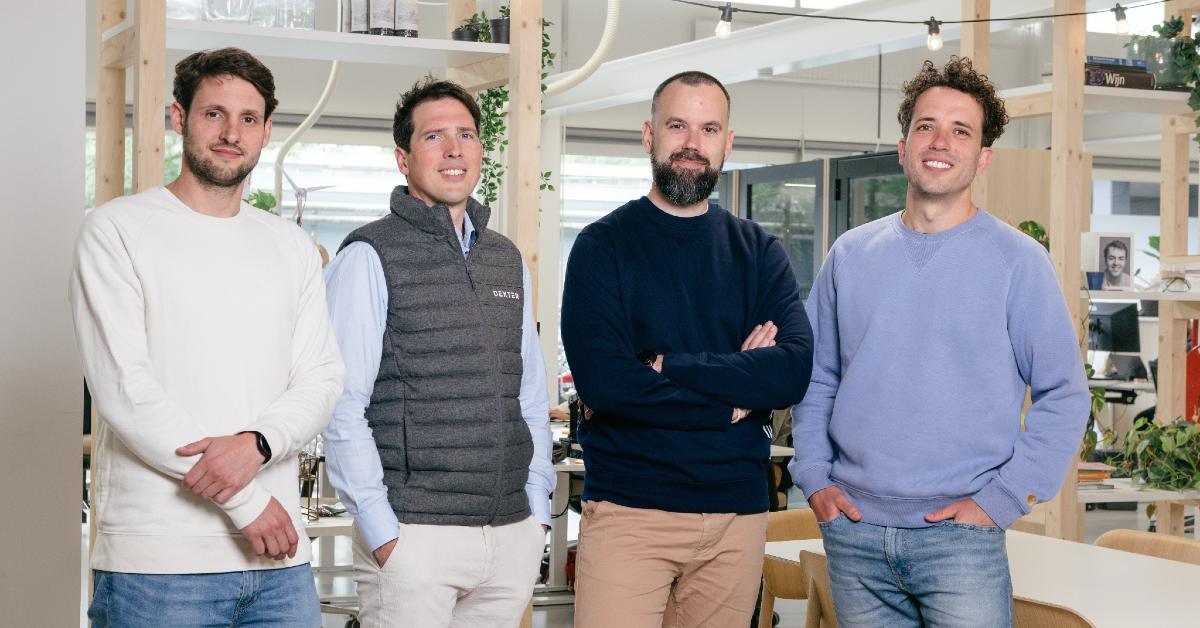
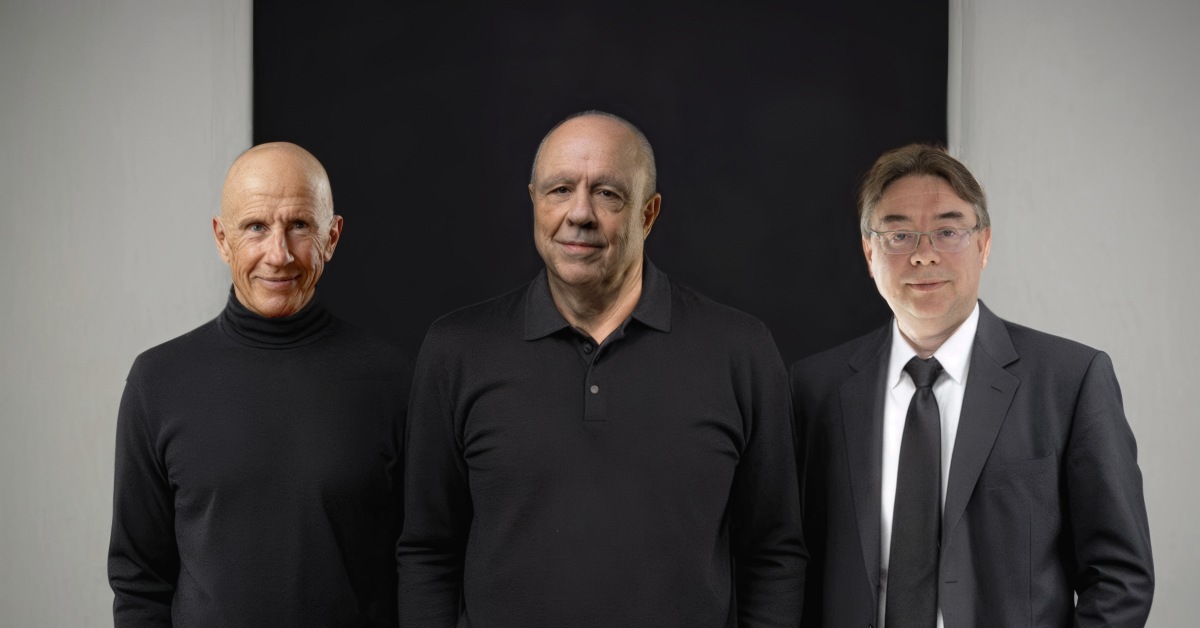

01
From telecom veteran to Dutch Startup Visa success: The Jignesh Dave story